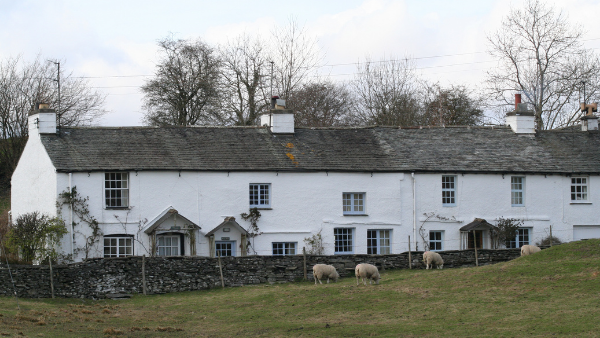Author
Whenever a farming estate or large farm is sold, it is vital that the position of any employees and their occupation of any dwellings is considered well in advance of the sale. With proper planning these issues can be managed to minimise disruption and potential employee claims. But without a thorough assessment of the potential problems and realistic plans as to how they should be addressed, sellers can face disruption to the sale, often at a critical moment and claims for compensation, which can extend to many tens of thousands of pounds.
Farm cottages
A recurring issue on farm sales is how to achieve vacant possession of a farm or estate for a sale, if there are long term agricultural workers living in any farm dwellings.
Often these workers or employees have long service, maybe even over 30 years and have been living in a farm cottage for all of that time. Often too, there are no contracts of employment or tenancy agreements; but it is a dangerous path to assume that means that they have no rights.
To the contrary, an agricultural employee who has enjoyed living in a ‘tied cottage’ from before 1989 is very likely to have extensive statutory rights to stay there, which extend to his family too. Those with shorter service are also very likely to have accrued statutory rights to remain in the dwelling, to be found alternative accommodation or to be fully compensated if required to move out.
Redundancy and unfair dismissal
In addition, there are the pitfalls of dealing with the possible redundancy of such workers if the new buyer does not wish to take them on. The Transfer of Undertakings (Protection of Employment) Regulations 2006, better known as the (fearsome) ‘TUPE’ are very likely to apply, with the very real possibility of an ‘automatically unfair dismissal’ happening if the worker is dismissed.
That could lead to an expensive and stressful Employment Tribunal claim being brought by that employee, with compensation being sought for loss of earnings and loss of home.
A successful employee in the Tribunal can be awarded both a basic and compensatory award. The basic award is similar to a redundancy payment, so if the statutory amount has already been paid to that employee, this will not have to be paid again. However compensation for up to 12 months’ pay (subject to a maximum which increases each year and currently stands at over £89,000) can be awarded for unfair dismissal.
Furthermore it is not unusual for a claimant employee of this type to be older or unwell; that adds the possibility of a further claim to the Tribunal for discrimination, for which an unlimited sum may be awarded if well founded.
In addition they may claim substantial sums through the Courts for loss of their accommodation rights.
Advice and planning
However with specialist agricultural employment advice and proper planning, well in advance of any sale, these dire consequences can be avoided. It is very possible to achieve a settlement with an employee and agree an exit arrangement, including vacation of any property, when this is needed, via a negotiated and fully binding agreement. Not only will this remove the risk of unexpected claims derailing the sale process, but it will lower the risk of souring relations between the seller and employees of the business. Contact: Kate Gardner


